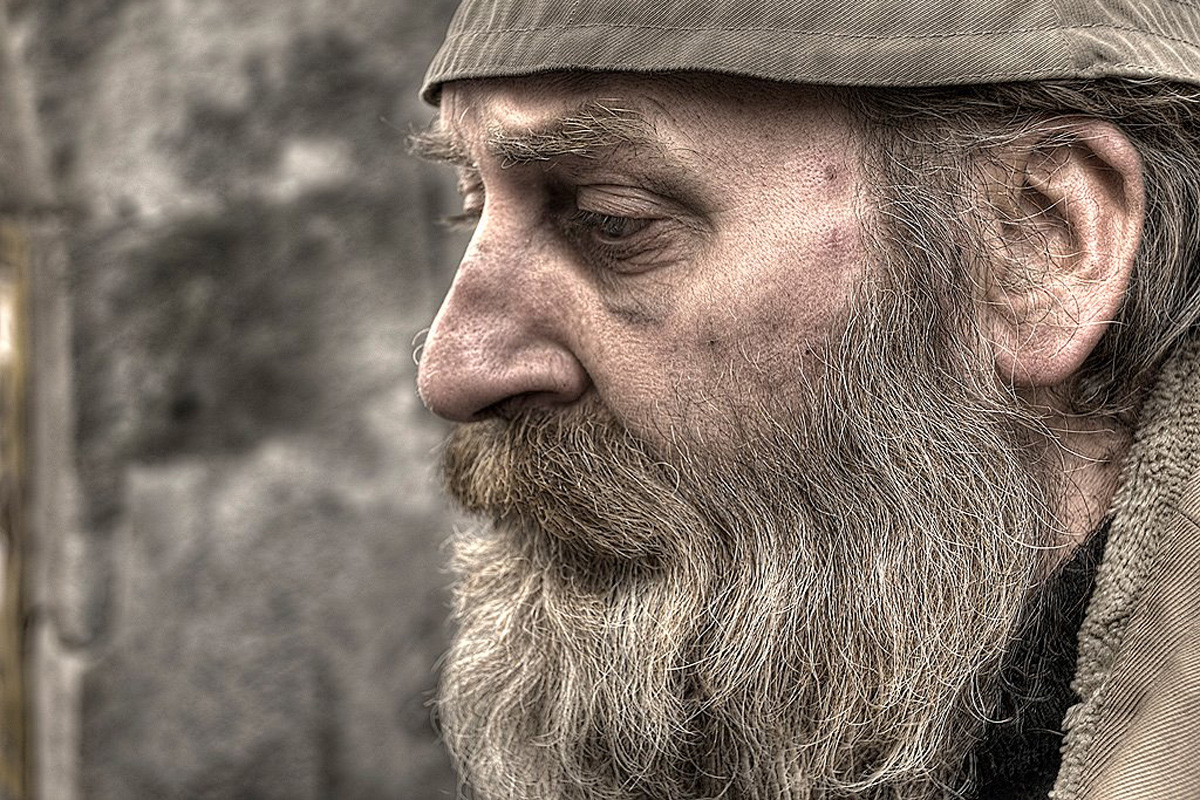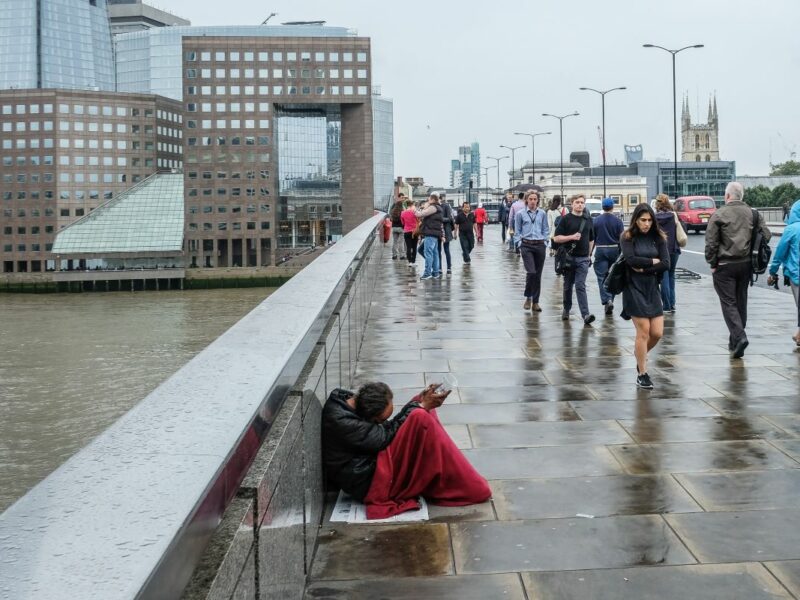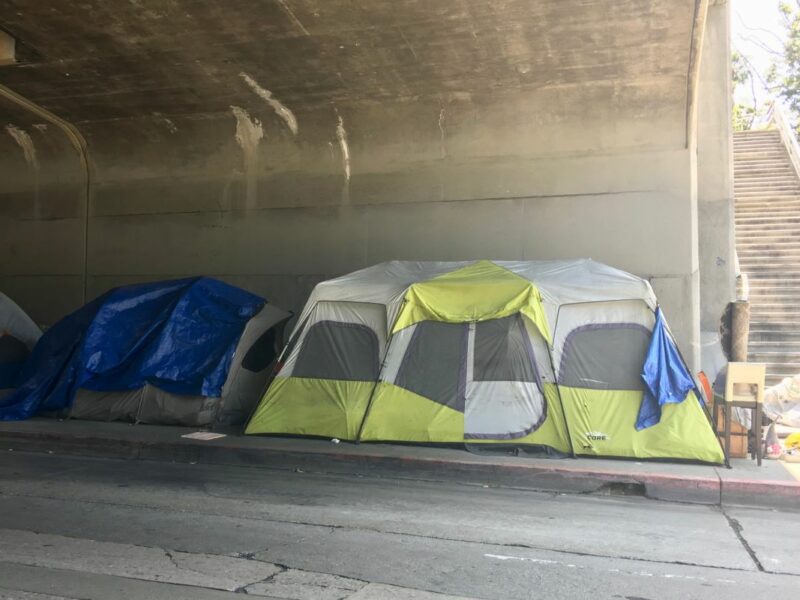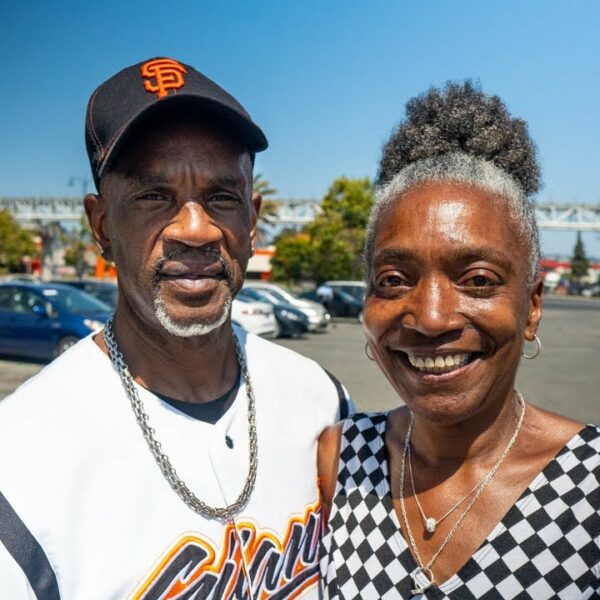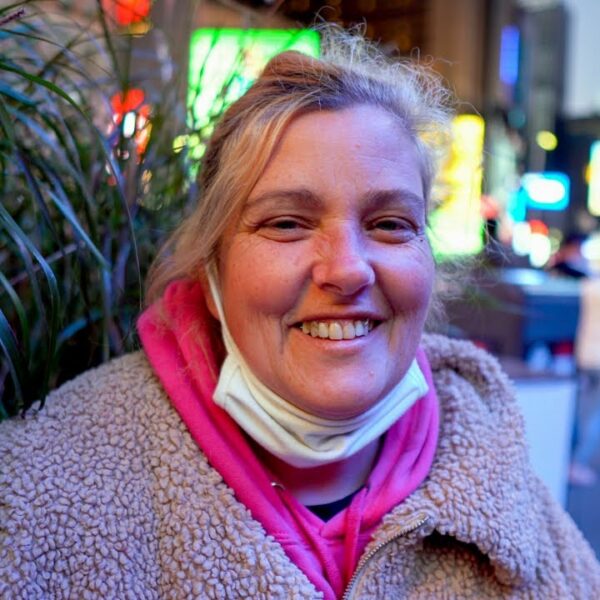The international pandemic may have closed our doors, schools, and market places, but it has simultaneously opened our eyes. Never before has our generation had such a window into the world of isolation than in this moment. We tweet out hashtags of unity and claim we’re all in this together. However, statistics suggest that we feel very much alone.
Barriers have been placed between ourselves and strangers, loved ones, neighbors, and acquaintances. The aftereffect of which is so devastating that Business Insider and other experts have referred to the downward psychological trend as a “health shock” that is anticipated to cause, among other things, a 40% increase in the fatality rate when millennials are compared to previous generations.
An Unexpected and Immediate Shift in Scenery
One of the most underrated aspects of the current crisis is its timing. Sure, there have been other instances wherein poverty has touched us, when unemployment rates have swelled, and markets have crashed. Cue the Great Recession from which we have yet to recover. While it may seem as if it swooped down upon an unexpecting world, that event was years in the making. There were abundant warning signs for all who were paying attention.
The pandemic however, was a brash and sudden shock. It almost feels as if it happened overnight. And ironically, many homeless people have described that same exact predicament.
In a 2019 interview, renowned street photographer Suitcase Joe spoke of the numerous individuals on Skid Row who were shocked to find themselves homeless and unable to afford housing. Many of today’s homeless people feel as though they were stricken instantaneously.
Up until now, you might not have been able to relate to the feeling of an overnight tragedy. Perhaps now you see how crippling it can be to have all that is familiar ripped out from under you with no indication, no warning sign to heed.
Alone Even on a Crowded Street
Another crippling aftereffect of isolation is the loneliness that distance makes us feel. It may seem unreal, but six feet of empty space between us makes a world of difference in our outlook. According to the University of Chicago and Time Magazine, Americans are sadder than they have been in the past half century.
Depression rates have skyrocketed. Substance abuse is on the rise.
Here’s a brief glimpse into the adverse effects that just a few months of isolation can have:
- 3 out of 5 Americans now say they are living in a perpetual state of fear
- 49% expressed significant levels of depression
- Only 14% of American citizens would describe themselves as “very happy” due to recent events
- Depression, isolation, and anxiety have sparked a national increase of 50% in death by overdose since the onset of the global crisis
- The United States is also selling 55% more alcohol than the national average
It is clear from this emerging data that isolation often gives way to things like:
- Depression
- Anxiety
- Substance Abuse
- Death
Yet, isolation is something homeless people experience every day, hence the name “Invisible People”. Being distanced from the rest of society, being asked not to enter stores, restaurants, and movie theaters, being avoided like, dare I say it, the plague … is all part and parcel of being homeless.
Oddly, when we discuss mental health and substance abuse issues regarding members of the homeless population, we’re quick to assume that these problems are the cause of homelessness. Here, statistical data from COVID-19 proves that these issues can come about as a result of isolation. And isolation is a way of life for most unhoused individuals.
We should all ponder this as we navigate our new, uncertain world. We should consider the amount of space that is put between the housed and unhoused members of our society. Now that we all know what it feels like to be alone on a crowded street, we should recognize that isolation is psychologically destructive.
For Many Homeless People, Isolation Is Far Worse Now Than Ever Before
Those of us with houses to quarantine in wait for the pandemic to be over. We play red light, green light, yellow light like children. The rules change constantly. Stores open and close again. States give the okay for socializing only to back pedal with further restrictions. We find it all so disheartening to the point where feelgood podcasts have become the rage. But for homeless people, there has never been a hashtag of unity. People are often stingy even with their smiles.
When author/photographer Tamsen Courtenay took to the streets of London to investigate poverty, homelessness, and dehumanization, she noted that the most common complaint was “feeling invisible”.
In this lies a lesson.
For we, as humans are naturally social creatures. In fact, our neurons are like little mirrors on the inside. From birth we mimic. This is how children learn smiling and laughter. No matter how hard we try to individualize and compete for material gains in the name of capitalism, we always return to connecting on one level or another. This will likely become true again whenever the crisis subsides. But for homeless people, isolation has gotten far worse. For example:
- At the beginning of the global crisis, many homeless people were so cut off from the world that they hadn’t even heard of the coronavirus
- This lack of knowledge made them more susceptible to COVID-19 and other illnesses
- Gathering spaces like soup kitchens and hostels have been shut down
- Social service sectors are strained and “lacking human touch” even as the nation begins to reopen
An Open Letter to All Homeless and Formerly Homeless People –
You Are Not Invisible (I See You)
I see you in May
New York shuts down the subway system
Crowded trains cease
And you are there
A lonely face on what was just last month a crowded street
Red tape now traverses the metal staircase where you used to sleep
They say the social sector’s failing- you say corruption’s running deep
Deep like rivers in Bristol
Where racism and statues fall
And it begins to look as if we do oppose oppression after all
At least we claim to know its depths
You move on to Canada but they’ve run out of bathroom stalls
So you return to the US
Where more than half the nation’s now depressed
They flood the streets with alcohol
Your stagnant situation remains much like you are…unaddressed
Unhoused
Hunched down
Shuffled into the background
The Dow is up
The housing market’s stuck
The dollar plummets back down
And then I see you in June
By now you’re really on the move
Because social distance means that every soup kitchen’s out of spoons
And they said nobody’d starve in a first world country
But 37 million Americans go to bed hungry
Which should make us wonder
why 40% of the food we produce still winds up in the dumpster
There you are again at my front door as I pull out my key
And walk into the house I didn’t used to have
I see you… in me
Yes you- who has been on the same street in the same tent for 15 years. You found out late about the Coronavirus when you wandered to the library and found it locked. For days you walked from block to block in search of a place to charge your phone to no avail. When you couldn’t connect you returned “home” only to find your tent was trashed, your encampment swept by local police. Now you shuffle aimlessly feeling detached and see-through.
I See You
And You- the war veteran confined to a metal chair. The naked city streets trigger your PTSD. Your state opened last month but the store clerks still try to discourage you from coming inside even though a friendly social worker supplied you with a mask and you’ve tried as hard as you can to keep it clean. You read between the lines of the signs in the retail windows and eventually leave the scene.
I See You
To the domestic violence survivor who narrowly escaped an abuser only to be brutally raped on your first night in a vacant parking lot. You catch a glimpse of your face in a muddy puddle and barely recognize yourself.
I See You
To the overworked restaurant employee who lost all three of your jobs in the same week. You were trying to make rent and burnt the candle at too many ends. People say you should have spent more time in school. You have a master’s degree but no connections and no working experience in your field. A so-called helpful “professional” offered you an unpaid internship to get your foot in the door. But you need a job that will keep a roof over your head.
I See You
To the former unaccompanied youth who tries to mend ties of kin but still winds up alone in a corner at all the family get togethers.
I See You.
To the single dad who’d rather live in a motel room than have another shelter separate you from your children. They are all you have to cling to.
I See You
You – who aged out of foster care.
You – who put down the bottle last year.
You – who left your tribal lands.
It feels like nobody understands
But just because the world is blind does not mean you’re invisible.
I See You
Post-Pandemic Homelessness
For many of us, the isolation we feel today will fade away as the international crisis settles down. For homeless people, isolation could stand to get worse. With a heart breaking 40 million unemployed Americans venturing out into the open for the first time in months, and a housing market that is already severely lacking in affordable dwelling spaces, post-pandemic homelessness could certainly exacerbate the mental health crisis. Be sure to ask your local legislators how they plan to avoid an avalanche of evictions and foreclosures and what they’re doing to make housing an affordable dream for all.







